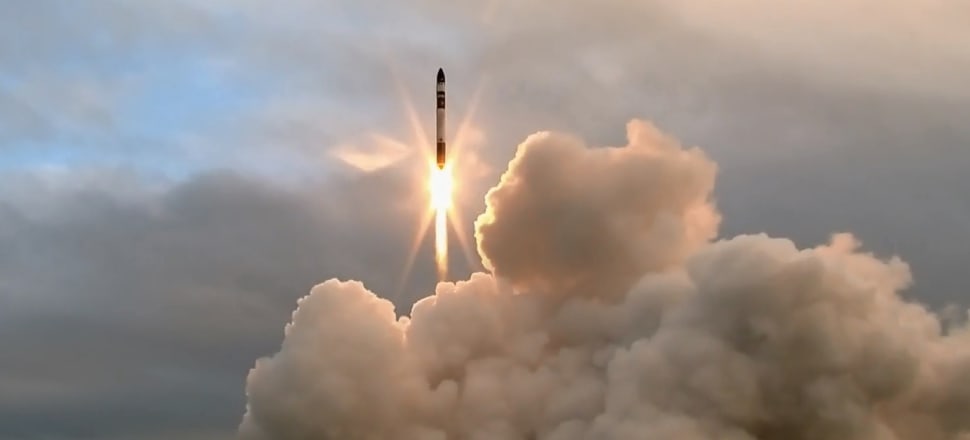
More than 74 nations and a rapidly growing number of private companies are participating in a burgeoning space economy – including New Zealand, write Mitchell Bruce and Robert G Patman
Comment: In recent years, New Zealand has emerged as a potentially significant actor in what has been dubbed the second race for space.
In 2025, Nasa is planning not only to return humans to the moon but also to establish a permanent human presence there.
A private New Zealand-based company is involved in this bold new venture — Rocket Lab.
On June 28, Rocket Lab launched Nasa’s Capstone micro-satellite on an Electron rocket from Mahia and in a second phase of the mission the upper stage of the Electron rocket will propel the Capstone satellite into a position where it will orbit the moon.
The first lunar mission to take off from New Zealand appears to have got off to a very successful start.
If New Zealand’s geographical location and physical conditions make it an attractive choice for space-related activity, what does this tell us about the trajectory of space exploration in the 21st century?
Compared with the first race in space, which began during the Cold War years of the 1950s, space exploration is now distinguished above all by the diversity of actors, both state and non-state organisations, that are involved.
More than 74 nations and a rapidly growing number of private companies are participating in a burgeoning space economy. Commercial entities, for example, were responsible for about 90 percent of the satellites launched in recent years.
The increase of actors in the space exploration sector is bringing both steady incremental improvements in the technology used deployed and also enhancing the prospects for game-changing innovations.
Breakthroughs such as SpaceX’s reusable rocket, the Falcon 9, are testimony to this.
With more and more countries and companies becoming involved, the space environment is also becoming increasingly contested and congested.
To date, the immediate space environment around Earth hosts about 27,000 pieces of debris, a result largely caused by objects such as decommissioned satellites and non-functional rockets.
Alongside this space junk, there are more than 3,000 operational satellites in orbit around the Earth.
These satellites, it should be emphasised, are of immense value to the functioning of many states’ institutions in both civilian and military areas.
In particular, satellites support global communications, navigation, and environmental monitoring.
However, operational satellites face increasing risks of being damaged by space debris or even targeted by anti-satellite weapons.
For an increasing number of states, such risks are helping to expand the boundaries of national security to include the frontier of space where satellites play an integral role in state functions on Earth.
At the same time, there is evidence of growing competition for mining resources in space.
Some international and national legislation has already been implemented in response to the discovery of valuable resources located in space with private companies developing technology to reach, collect, and use space resources.
These resources range from energy through to the collection of solar power, water, nickel, iron, platinum, and gold. If states or companies were able to access these materials and return them to Earth, it is safe to say lucrative financial returns would be expected.
As human exploration of space intensifies, the importance of governance and legal arrangements for managing space related activities is set become a pressing issue for decision-makers in many countries, including New Zealand.
Questions such as the regulation of New Zealand’s commercial and security concerns relating to space, New Zealand’s relations with other space-faring nations, and managing the environmental and cultural impacts of New Zealand’s involvement in space will be considered between July 1 and 3 by a team of national and international speakers assembled by Dr Maria Pozza, the Director of the 56th University of Otago Foreign Policy.
Mitchell Bruce is a Master of International Studies (MIntSt) student at the University of Otago and Robert G Patman is a Sesquicentennial Distinguished Chair and an international relations specialist at the University of Otago.







